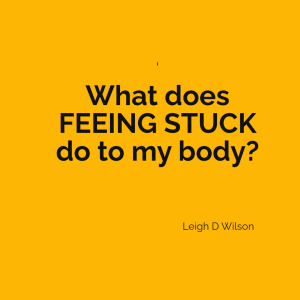The Impostor Syndrome, a term coined by psychologists Pauline Clance and Suzanne Imes in 1978, is a psychological pattern where individuals doubt their accomplishments and fear being exposed as a ‘fraud’.
Astonishingly, it’s estimated that around 70% of people will experience these impostor feelings at some point in their lives. it’s a feeling that pervades, often quietly undermining self-esteem and confidence and can affect both men and women, from various walks of life, regardless of their job, social status, or the level of their achievements. Surprisingly, it is often those high-achievers among us who fall victim to it.
A significant symptom of Impostor Syndrome is a belief that one’s success is undeserved, put it down to luck or timing, rather than their abilities or hard work. This mental spiral can lead to stress, anxiety, and burnout, as individuals push themselves harder to avoid being ‘found out’.
The 70% statistic paints a picture of a society grappling with self-doubt and fear of judgment. But why is it so prevalent? One theory is that it’s rooted in our increasingly competitive society, where accomplishments are often viewed through the lens of social media, creating a constant comparison trap.
Also, perfectionism, often nurtured in our early years, can contribute to self-doubt when unrealistic standards aren’t met.
How can we combat this? The first step is recognizing and naming these feelings as Impostor Syndrome. Awareness brings the power to change. It’s essential to realize that perfection is an unattainable standard and that even the most successful people experience failure.
Developing a healthy response to failure and mistake-making is key. Instead of viewing them as proof of impostor feelings, see them as opportunities for growth.
Surrounding oneself with a supportive network who provide constructive feedback can also help break the cycle of self-doubt.
Because the personal cost of this problem can be high, it can often be worthwhile getting professional help with this it, from an experienced mindset coach or therapist.
Lastly, remember, it’s okay to celebrate your successes. Recognize your achievements and let them affirm your abilities and skills.
The revelation that 70% of people experience impostor feelings is a call to action. It’s a cue for us to create environments, in workplaces, schools, and homes, that foster healthy self-perceptions and self-compassion. As we normalize the conversation around Impostor Syndrome, we allow individuals to navigate their self-doubt and reclaim their rightful ownership of their success.
#selfdoubt #imposter #anxiety #stress #worry #overwhelm #fear #procrastination #selfesteem #selfconfidence #emptiness #loneliness #failure #sadness #guilt #selftalk #burnout











